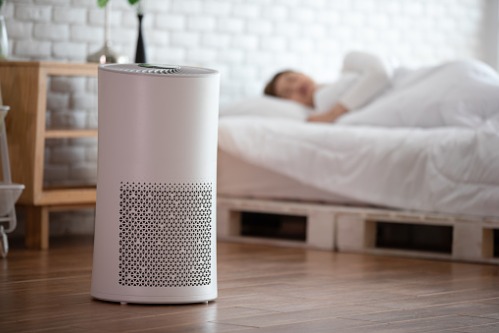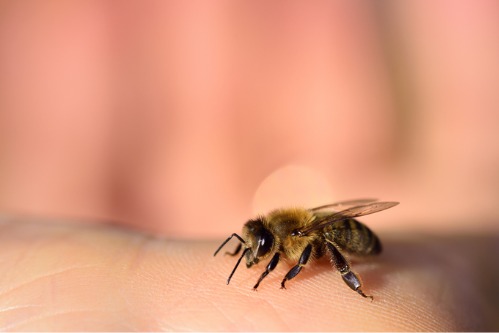
Common Skin Allergy Conditions and How to Treat Them
Have you ever developed a red, itchy rash or a series of blisters after coming into contact with a particular substance? If so, you know how unpleasant allergic reactions can be. An allergic reaction occurs when the immune system has an unusual response to a normally-harmless substance. The most common skin allergies include:
Eczema
Eczema, also known as atopic dermatitis, is a non-contagious inflammatory skin condition. This skin condition affects around 35 million Americans, roughly 1-3% of adults and 10-20% of children. Common symptoms of eczema include dry, red, irritated and itchy skin. Some triggers may include soaps, detergents, pet dander, dust mites, and lotions with heavy fragrances.
Treatments:
In most cases, an allergist may recommend prescription medication, including topical steroids and/or antihistamine. With milder cases of eczema, ointments such as petroleum jelly and moisturizers can help relieve symptoms.
Hives
Hives, also known as urticaria, are red bumps or welts that appear on the body. Hives are generally acute and will go away on their own within a few days or weeks. However, some people suffer from chronic hives with symptoms that can come and go for several months or years.
Hives are usually caused by:
- Physical factors, such as cold, heat, exercise, pressure and exposure to sunlight
- Food
- Medications
- Insect stings
Treatments:
Antihistamines, available either over the counter or by prescription, are a frequently recommended treatment for hives. Depending on the severity of your symptoms, your allergist may prescribe a temporary treatment with prednisone or epinephrine (adrenaline) auto-injector to keep on hand at all times.
Contact Dermatitis
Contact dermatitis occurs when a substance damages the part of the skin it comes in contact with. This condition is best known by the itchy, red, blistered reaction experienced after a person touches poison ivy. Nickel, perfumes, dyes, rubber (latex) products and cosmetics also frequently cause allergic contact dermatitis.
Treatments:
Treatment of contact dermatitis will depend on the severity of the symptoms. For the early, itchy, blistered stage of a rash, cold soaks and compresses can offer relief. If symptoms are severe, your allergist may prescribe prednisone or other topical corticosteroid creams.
Angioedema
Angioedema is an excessive collection of body fluids in the skin, which causes swelling. Most often, angioedema can present itself along with hives. Common locations where swelling may occur is around the eyes, lips and face.
Hereditary angioedema (HAE) is a very rare and potentially life-threatening genetic condition that occurs in about 1 in 10,000 to 1 in 50,000 people. HAE patients have a defect in the gene that controls a blood protein called C1 Inhibitor. This defect causes a biochemical imbalance that produces swelling. The most common areas of the body to develop swelling are the limbs, face, intestinal tract, and airway.
Angioedema and hereditary angioedema may be caused by an allergic reaction to:
- Latex
- Pet dander
- Cold or hot temperatures
- Pollen
- Sunlight
- Food
- Insect bites or stings
Treatments:
If the swelling is mild, you may not need treatment, and angioedema will clear up on its own. If symptoms persist and a person is in serious discomfort, antihistamines and prednisone can often offer relief.
Skin allergy conditions can be extremely uncomfortable, but it is important to understand what is triggering your skin condition and how you can relieve your symptoms. At Northeast Allergy, Asthma & Immunology, we can discover hidden allergens and provide additional treatments, including immunotherapy, to help you feel your best. Contact Northeast Allergy, Asthma & Immunology today to schedule your appointment.



